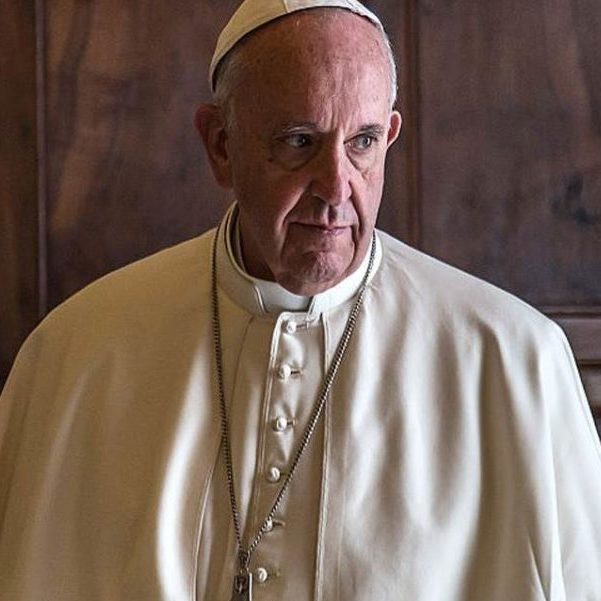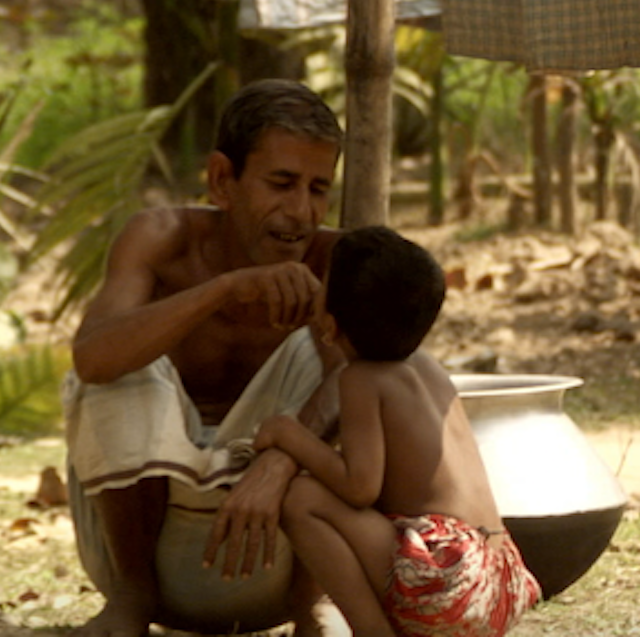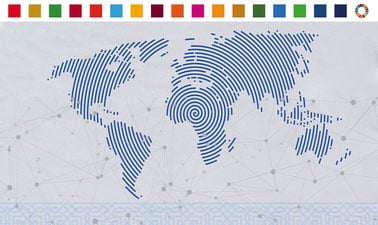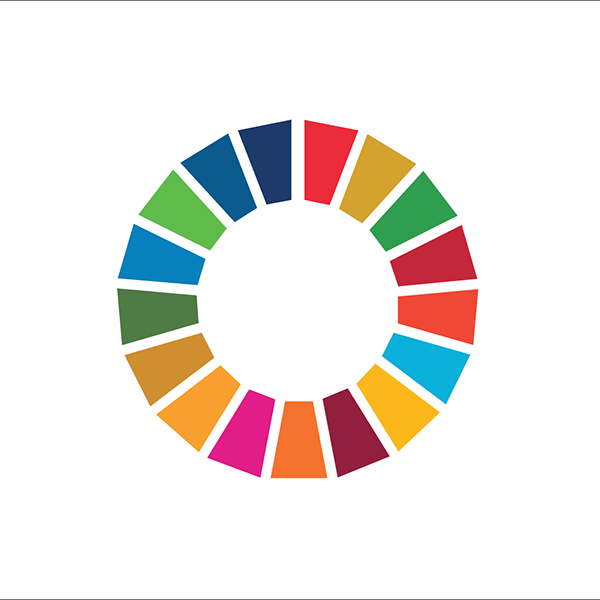The challenges of sustainable development are more than technical or political—they are also moral, calling on us to examine who we are as human beings, and who we want to be going forward.
This examination of what makes a “good person”—called virtue ethics—has long been the purview of philosophers and theologians. So what do the world’s great religious and secular philosophies have to say about ethical conduct? Which virtues are common across creeds and cultures? And what role do ethics, spirituality, and religious communities have to play in sustainable development?
In 2016, distinguished leaders from the world’s major religious traditions, philosophers, scholars, and scientists were invited by Pope Francis to the Vatican for a series of meetings. Known as the Ethics in Action initiative, these meetings sought to promote dialogue and find consensus about the values needed to advance transformative action for our common home and the human family.
This course features Ethics in Action meeting participants, as well as other leading voices, and discusses the perspectives of some of the world’s great traditions and their role in addressing our world’s most pressing challenges, including poverty, corruption, and climate change. It presents multi-faith cooperation as essential for achieving sustainable development, and calls for the development of a new shared virtue ethics to bring us all into a sustainable and peaceful future.
You will learn:
- The meaning of virtue ethics and its expression in several major religious and philosophical traditions;
- The importance of establishing multi-faith consensus to advance sustainable development;
- The importance of involving faith communities in peace and development work;
- How ethics motivates the actions of religious and secular leaders, politicians, scientists, civil society, and business;
- What shared virtue ethics are needed to create a more peaceful and prosperous world for everyone.







